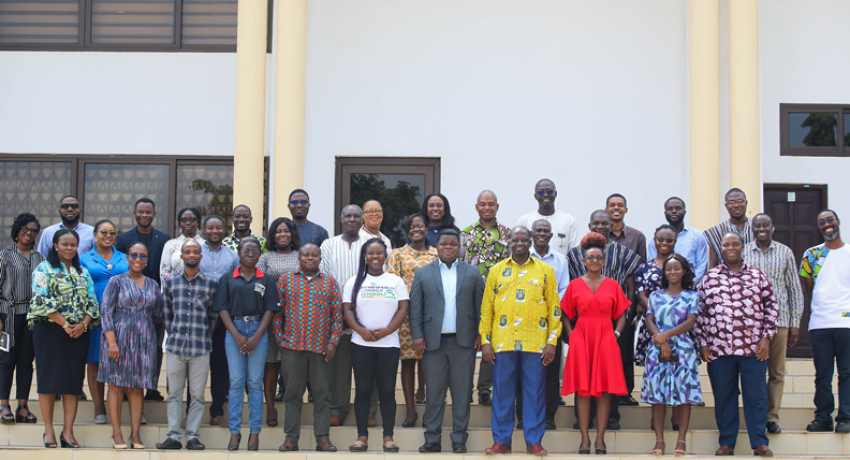A group photo of participants
A workshop has been held to disseminate the findings of the household and market baseline surveys on energy for cooking and cooking appliances on the market in urban Ghana, which were carried out under the first phase of the Modern Energy Cooking Services in Ghana project (MECS Phase I) (2020-2021). It was funded by the UKAid in partnership with the Energy Sector Management Assistance Programme (ESMAP) as part of the global MECS that is led by Loughborough University (UK). The workshop also served to mark the start of MECS Phase II, which builds on the success of the initial phase.
In his welcome remarks, Prof. Peter Quartey, Director of ISSER acknowledged the World Bank Group, funding partner of MECS Phase II saying, “ISSER cherishes every partnership that makes it possible for us to access funds to do research and engage with stakeholders.”

Dr. Simon Bawakyillenuo, a Senior Research Fellow and Lead Researcher of the project at ISSER, gave an overview of the MECS in Ghana. He highlighted that the MECS project seeks to facilitate households’ transition to modern cooking fuels, especially electricity (e-cooking), away from traditional solid fuels. According to him, MECS Phase I sought to understand and build local knowledge amongst various stakeholders in Ghana. Particularly, it sought to understand households’ conceptualisation of cooking in urban Ghana, how electricity is used in the cooking process via various electrical appliances, and whether households are using electricity in different ways to cook as opposed to how the national data portrays it. He noted that “Under MECS Phase I, the project team accomplished the following: production of a comprehensive review report on the landscape of energy for cooking in urban Ghana, stakeholder net mapping exercise, and Household and Market Baseline surveys”.
MECS Phase II, which is being implemented from 2022 to 2023, will highlight the empirical evidence about cooking with electricity through experimental activities. It will also uncover the emerging gaps that should be tackled and the opportunities that must be seized through action research to enhance the understanding and adoption of modern cooking technologies, particularly e-cooking by households in Ghana.
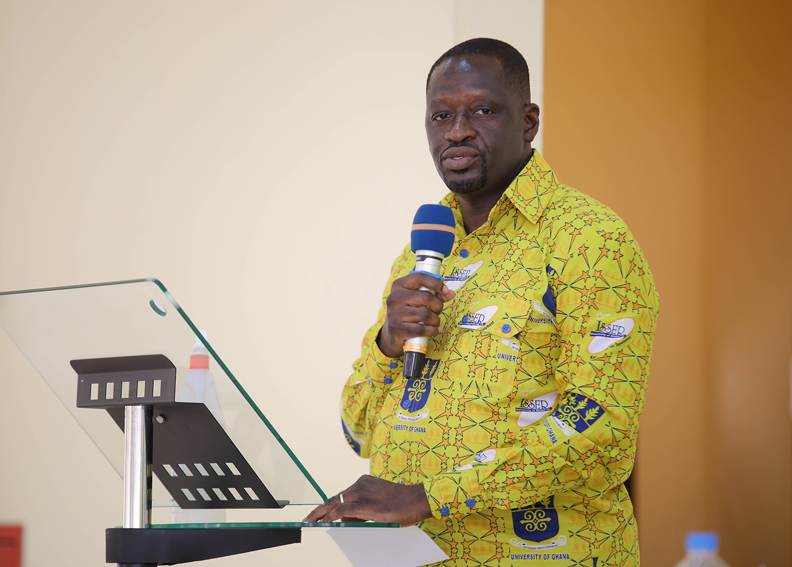
The Project Research Assistants, Innocent Agbelie and Stephanie Danquah presented summaries of the findings of the Household Baseline and Market survey reports respectively.
Summary of MECS Phase I household survey and market surveys findings (PDF)
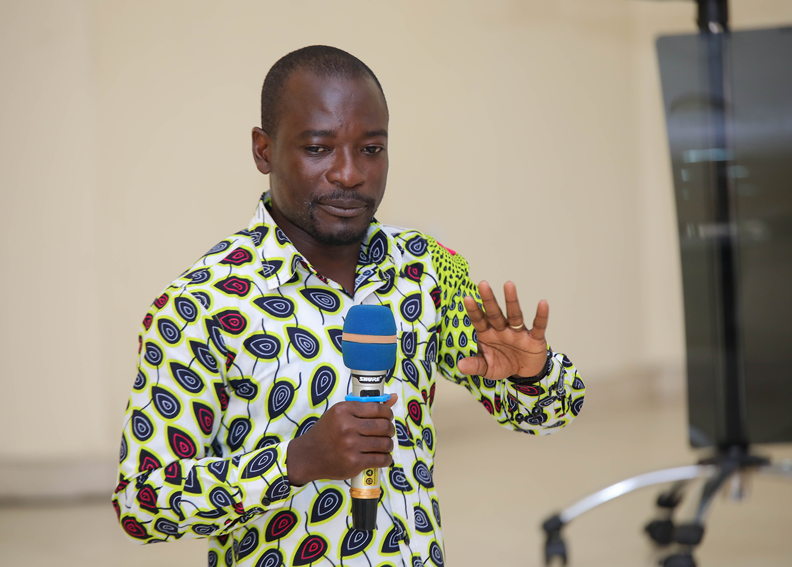
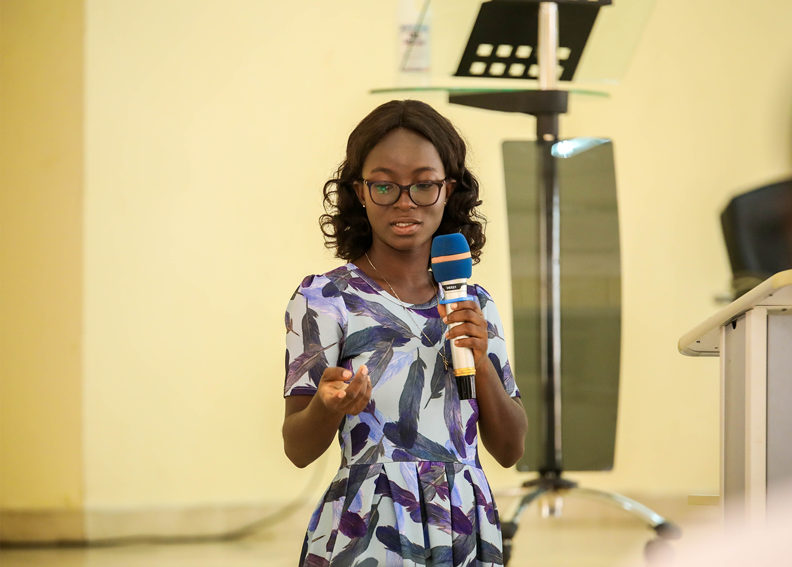
Findings aside, the Phase I baseline surveys also uncovered new research questions and opportunities which will be explored under MECS Phase II.
Highlights of these areas of further research were presented by Dr. Aba Crentsil, Senior Research Fellow and MECS Co-Investigator. This includes the opportunity to interrogate the extent to which e-cooking is already happening (informed by the finding on the practice of fuel stacking by households) and to document e-cooking in urban Ghana.
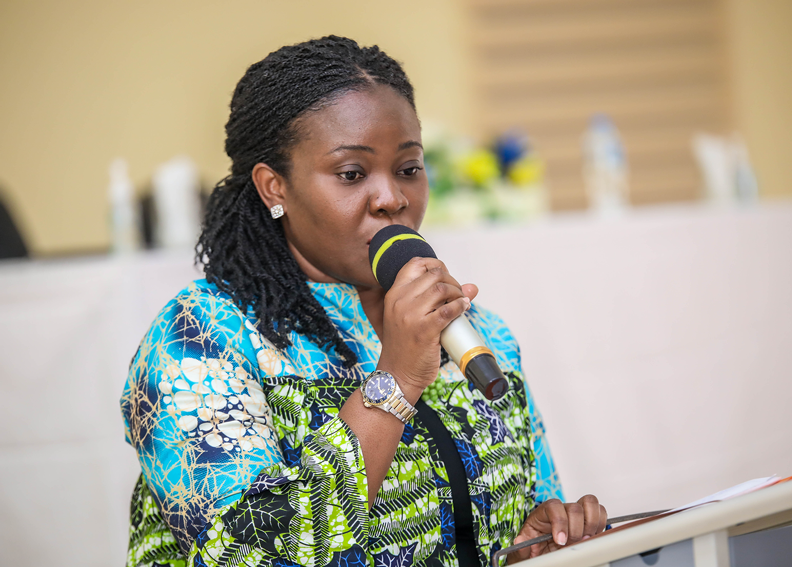
The workshop brought together people from key public, private, non-governmental/civil society, donor, and research institutions. These included the Ghana Energy Commission, Volta River Authority, Ghana Standards Board, Renewable Energy Association of Ghana, ISSER and GHACCO, and Biogas Africa Limited. Others were ISEES Ghana, the World Bank, KITE, ECONEXUS, COPEC, USAID-West Africa Energy programme, CSIR-IR, Mckingtorch Africa, and Strategic Youth Network for Development, among others. It was held on December 7, 2022, at the Institute of Statistical Social and Economic Research (ISSER), the host institute of the project.
Below are selected media reports drawing on discussions:
The presentation of project reports generated animated discussions involving all participants. Below are some scenes from the interaction session.
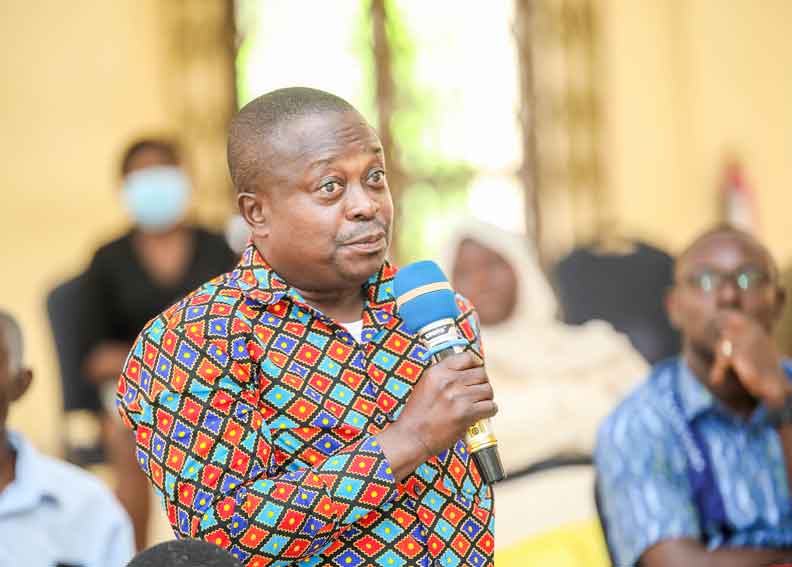
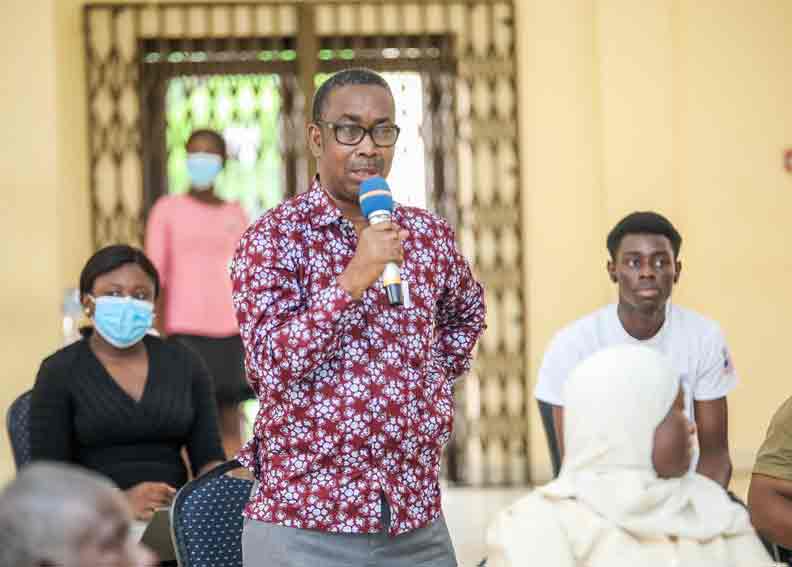
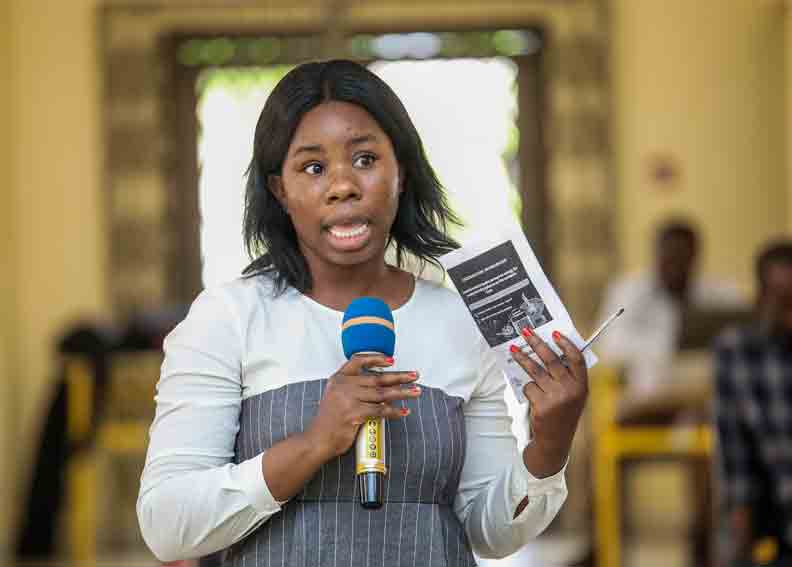
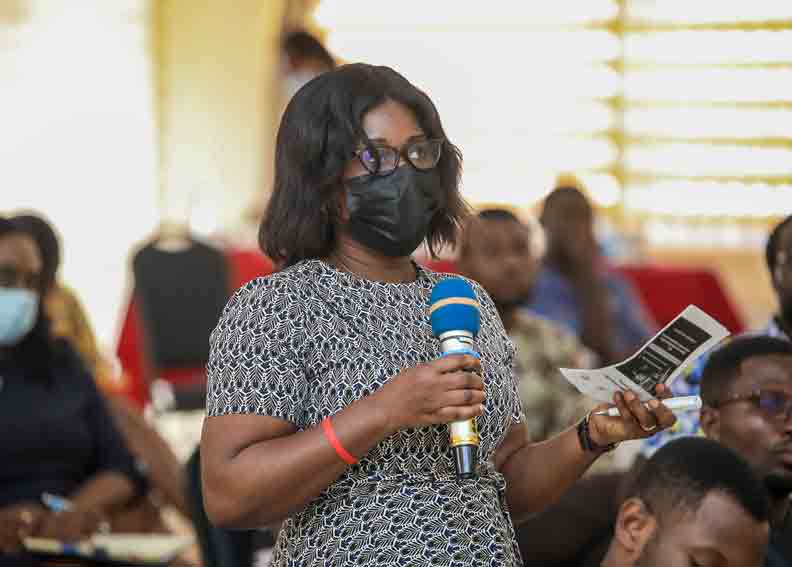
- Log in to post comments

